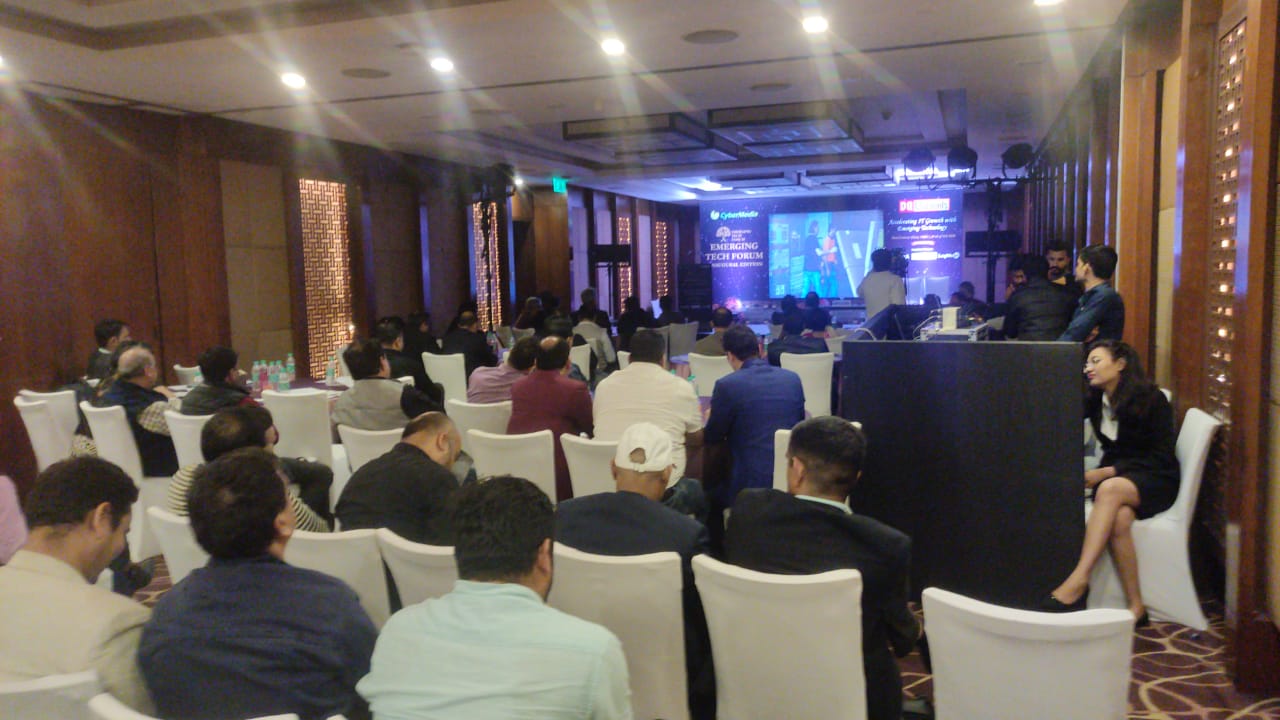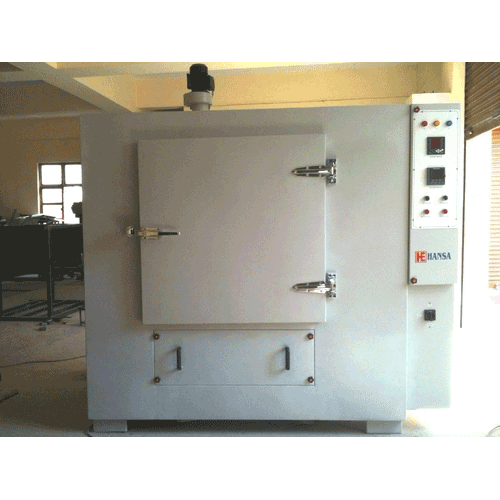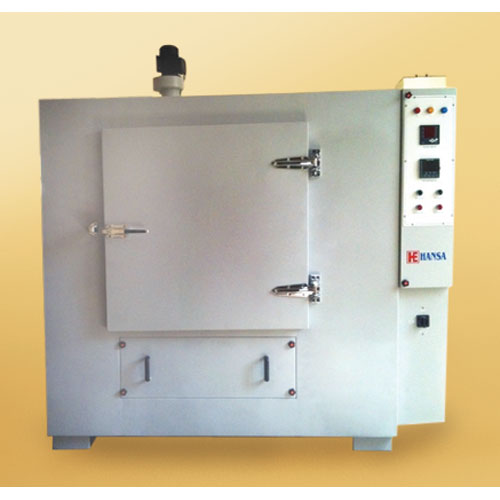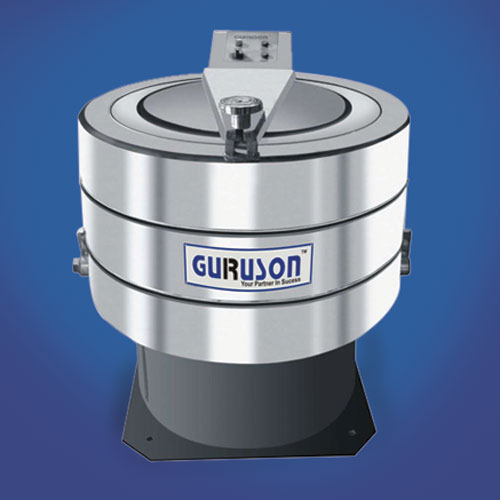Schedule a Call Back
How to bridge the engineering skill-gap in India?
 Technical Articles
Technical Articles- May 01,19

Related Stories

Foxconn, Nvidia join forces for AI factories revolutionising tech production
Expanding its horizons beyond electronics assembly, Foxconn has ventured into the competitive electric vehicle sector, unveiling concept cars at its annual
Read more
BPE showcases Data Center solutions at Emerging Tech Forum
The company showcased Data Cube series that includes three solutions IDU (Integrated Data Centre Unit), IDM (Integrated Data Centre Modular), IDR (Integrated Data Centre Room).
Read more
How to bridge the engineering skill-gap in India?
From remote controlled valves to corrosion detecting software, the skills of today require a higher comprehension of instrumentation and technology-based aid. Hence, employees (new and existing) nee..
Read moreRelated Products

Heavy Industrial Ovens
Hansa Enterprises offers a wide range of heavy industrial ovens.

High Quality Industrial Ovens
Hansa Enterprises offers a wide range of high quality industrial ovens. Read more

Hydro Extractor
Guruson International offers a wide range of cone hydro extractor. Read more
















